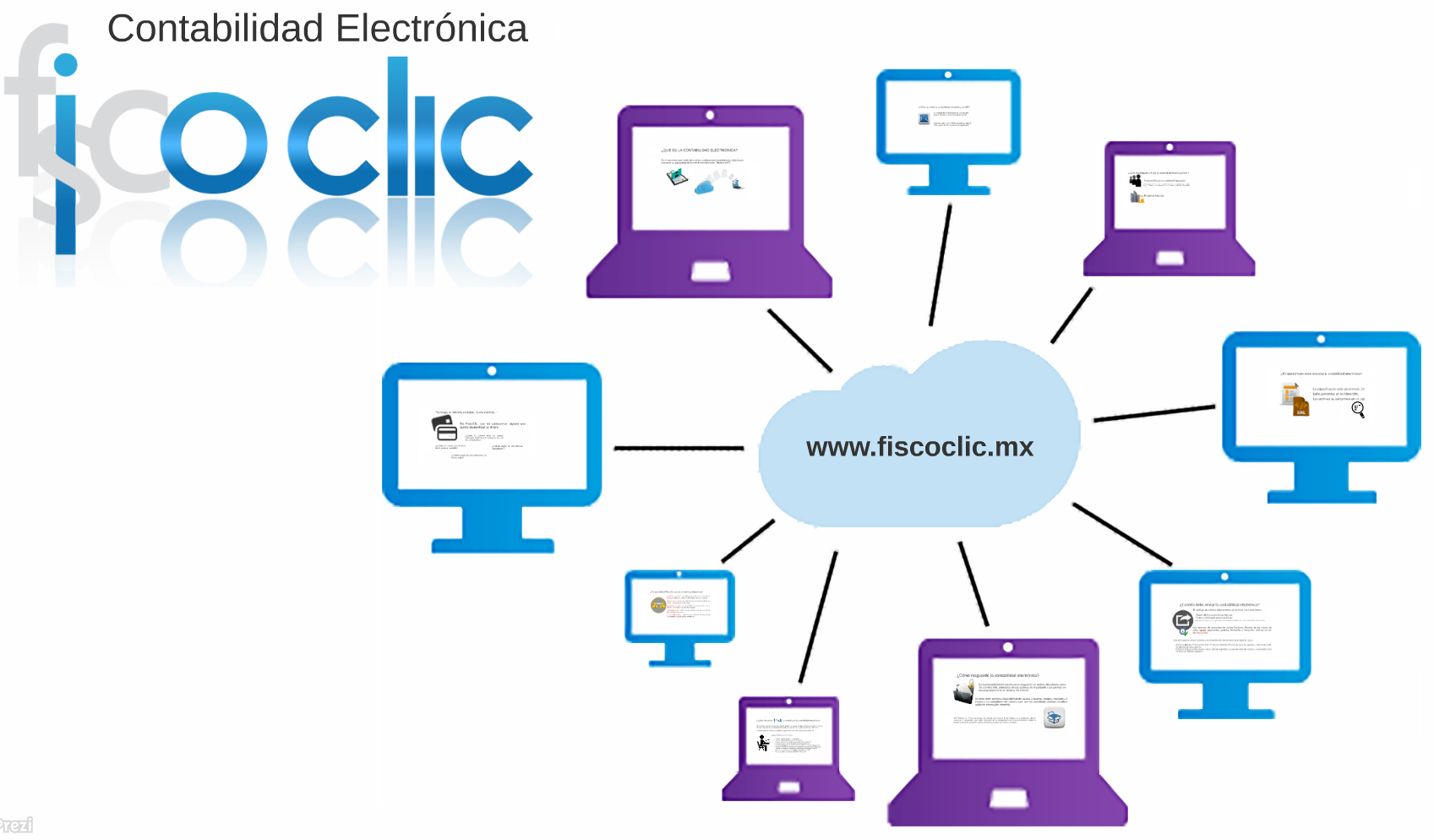



Transactions that shall necessarily be completed before a public notary include real estate property transfer contracts, marriage contracts, powers of attorney, and the articles of incorporation of civil and mercantile companies.Īlso, for the following types of documents, it may be advisable to perform a more detailed risk assessment before using electronic signatures: However, under current precedents, an SES may be able to pass a reliability test and be ruled as an Advanced Electronic Signatures (AES), if the technology allows an SES to cover all mandatory requirements set out by section 97 of the Commercial Code.Īre there certain documents that cannot be e-signed in Mexico?įor some types of documents, parties may need to satisfy additional formal requirements under Mexican law, such as formalization before a public notary. According to these principles, a reliable e-signature is the one that meets the requirements set out above for AES.īefore such precedents were issued, courts used to consider Qualified (Certified) Electronic Signatures were more reliable than other electronic signature techniques. There are a couple of court precedents which have considered that an e-signature method must be considered valid as long as it is reliable (or it was generated through a reliable method for creating e-signatures). In the assessment of evidential weight by the court, regard shall be made, fundamentally, to the reliability of the method in which the e-contract and the corresponding e-signature was generated, stored, communicated, and maintained. 3 If at some point the parties need to present such e-contract as evidence in court, the court is mandated by law to admit such e-contracts as evidence and to provide such agreement with evidential weight. When it comes specifically to the validity under civil and mercantile agreements, if an e-contract is executed between two companies using an electronic signature technique or method, such e-contract agreement will produce legal effects. QES are supported by a Digital Certificate issued by a handful of Certification Service Provider (CSP), which has been authorized to operate as such by the Ministry of Economy. Advanced Electronic Signatures, supported by Digital Certificates issued by government approved Certification Services Providers (CSPs): In the international arena, this technique is known as "Qualified Electronic Signatures" (QES).

An e-signature is considered as an AES if the following requirements, set forth in Section 97 of the Commercial Code, are met:Ī) The signature creation data is, within the context in which the signature is used, linked exclusively to the signatory.ī) The signature creation data is, at the time of signing, under the exclusive control of the signatory and of no other person.Ĭ) Any alteration to the electronic signature, made after the time of signing, is detectable andĭ) Any alteration made to the information (to which e-signature relates) after the time of signing is detectableģ. Advanced or Reliable Electronic Signatures ( Firma Electrónica Avanzada o Fiable): Usually known as "Advanced Electronic Signature" (AES). Electronic Signatures: Usually known as "Simple Electronic Signature"(SES) 2Ģ. Namely, the Mexican Commercial Code recognizes the following categories of e-signatures:ġ. Under the Mexican Commercial Code, electronic signatures should be considered valid and will produce legal effects as long as the electronic signature creation method chosen by the parties is found to be appropriate for the purpose for which the data message was generated or communicated. Conversely, rules incorporated in different laws and regulations may apply to the use of electronic signatures, depending upon the nature of the transaction (e.g., labor, commercial, tax, etc.). Mexico does not have a general "umbrella" type of law that governs the validity and legal effects of all types of electronic signatures. Are e-signatures legal, admissible, and enforceable in Mexico?


 0 kommentar(er)
0 kommentar(er)
